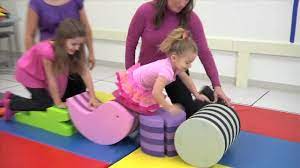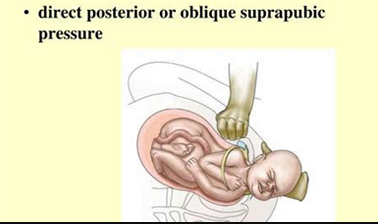
Importance of psychological care following birth related brachial plexus (ERB’S palsy injury)
After experiencing a birth-related brachial plexus injury like Erb’s Palsy, the focus often falls on the physical rehabilitation required to regain range of motion and strength in the affected arm. However, it’s important not to overlook the psychological impact that such an injury can have on both the child and their family. That’s why psychological care should be a critical component of any comprehensive treatment plan.
Erb’s Palsy Physical Therapy can be an effective way to regain function in the affected arm, but it’s important to recognize that recovery is not just physical. Children with Erb’s Palsy may experience anxiety, depression, and low self-esteem as a result of their injury. These emotional challenges can impact their ability to participate in therapy and ultimately hinder their progress.
That’s where the role of psychological care comes in. A skilled mental health professional can work with both the child and their family to address the emotional challenges that come with an Erb’s Palsy diagnosis. By providing support, coping strategies, and tools for managing stress and anxiety, a psychologist can help the child overcome emotional obstacles and remain engaged in their physical therapy.
Physical Therapy for Erb’s Palsy is not just about regaining physical function; it’s about empowering the child to regain their sense of self and confidence in their abilities. By addressing the emotional impact of the injury, the child is better able to focus on their rehabilitation and make progress towards their goals.
Furthermore, psychological care can also benefit the child’s family. Shoulder Dystocia Erb’s Palsy can be a traumatic experience for parents, and they may struggle with feelings of guilt or helplessness. A mental health professional can work with parents to address these emotions, provide support, and help them develop effective coping strategies. This can ultimately strengthen the parent-child bond and facilitate a more positive overall experience for the family.
In conclusion, Erb’s Palsy Physical Therapy is essential for regaining physical function, but it’s equally important to address the emotional impact of the injury. By providing psychological care as part of a comprehensive treatment plan, children with Erb’s Palsy can overcome emotional obstacles and regain their confidence in their abilities.
Contact us at https://www.erbspalsyinfo.com/ to learn more about how we can support you and your child through the rehabilitation process.























